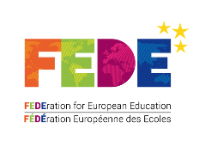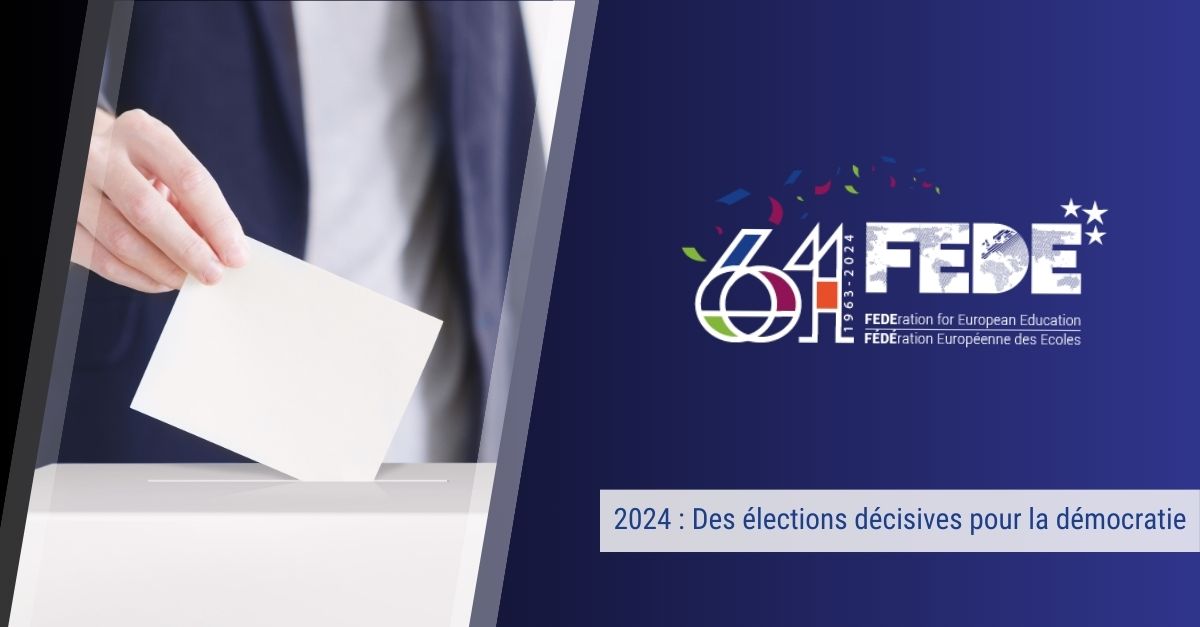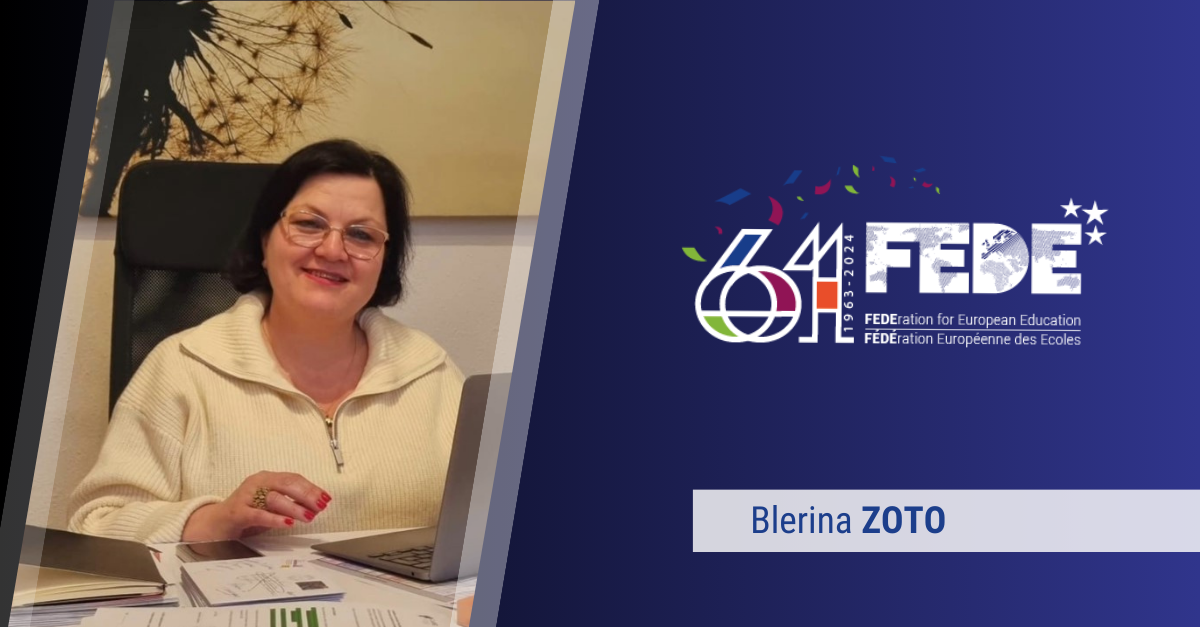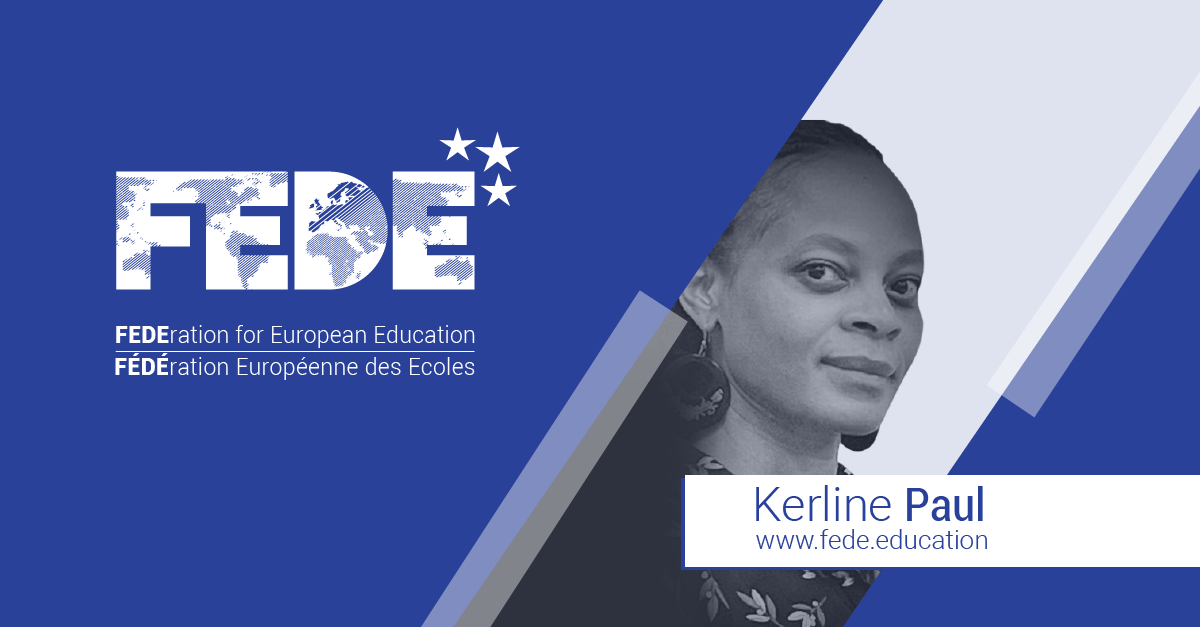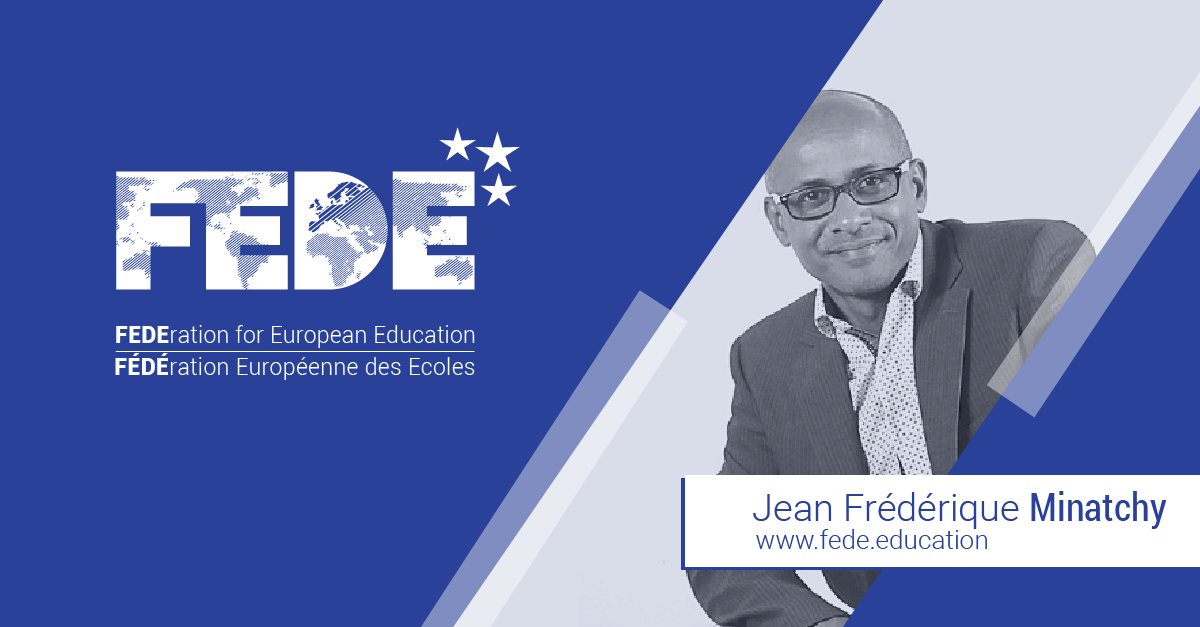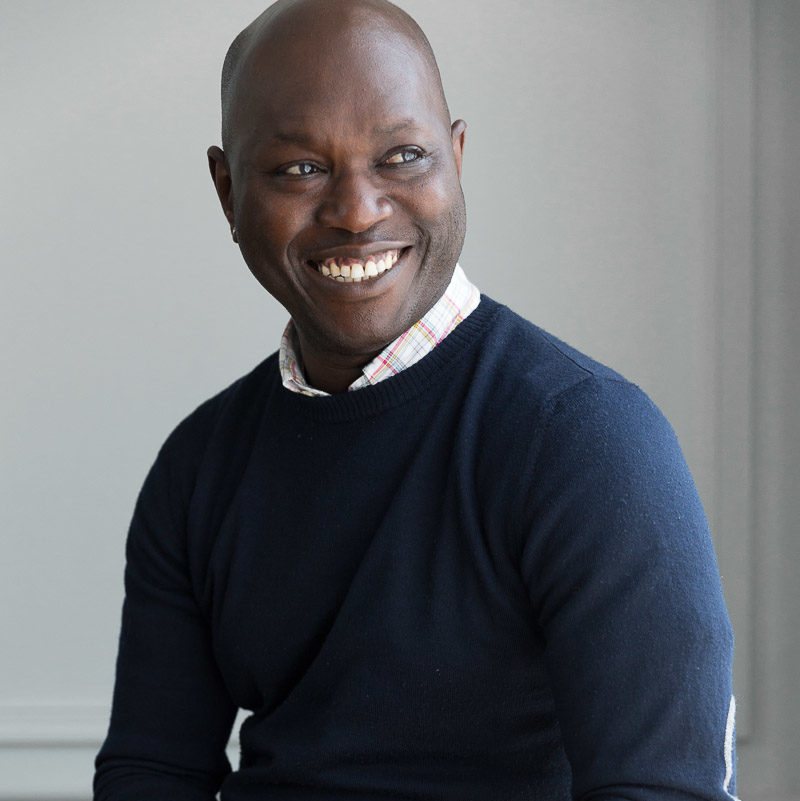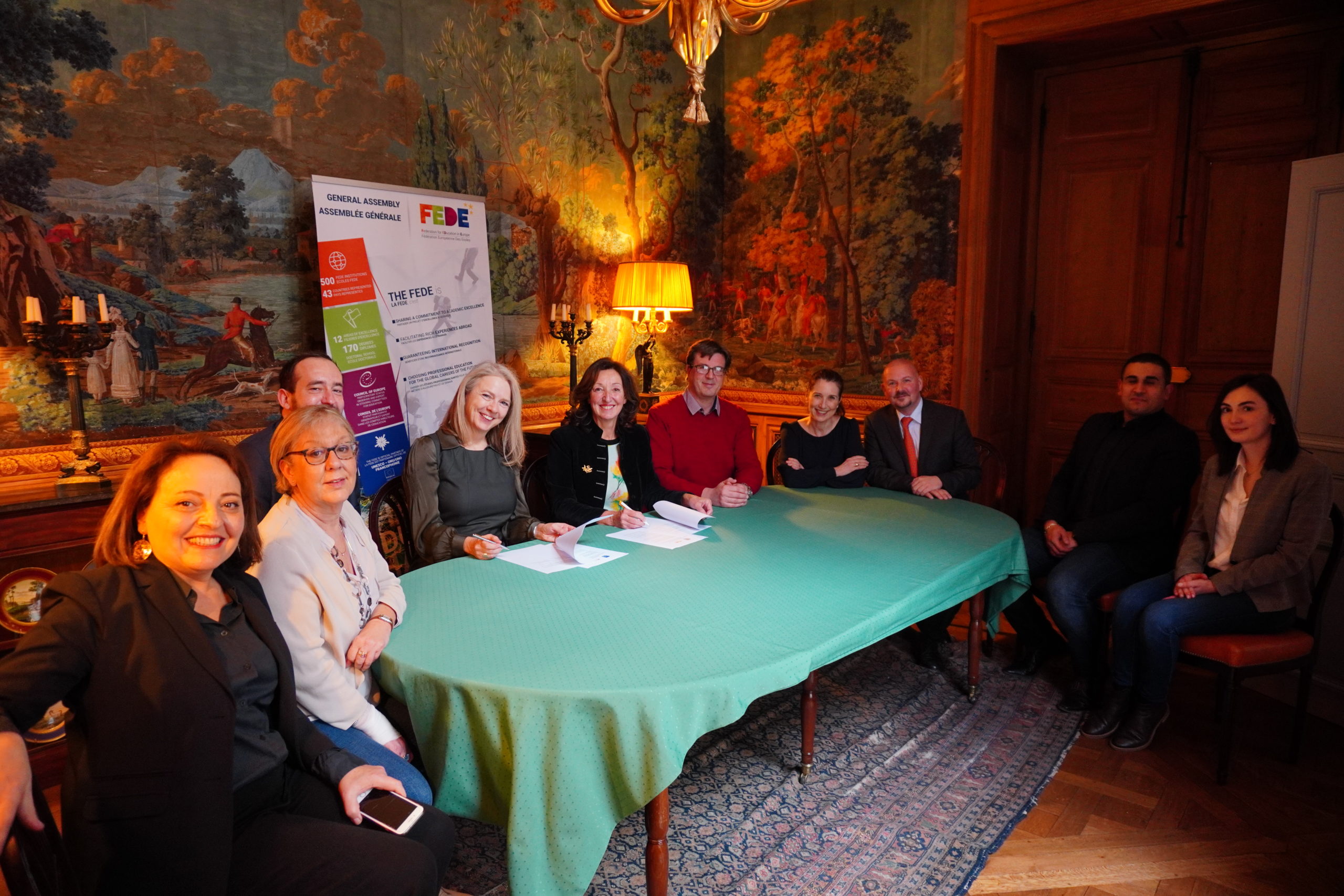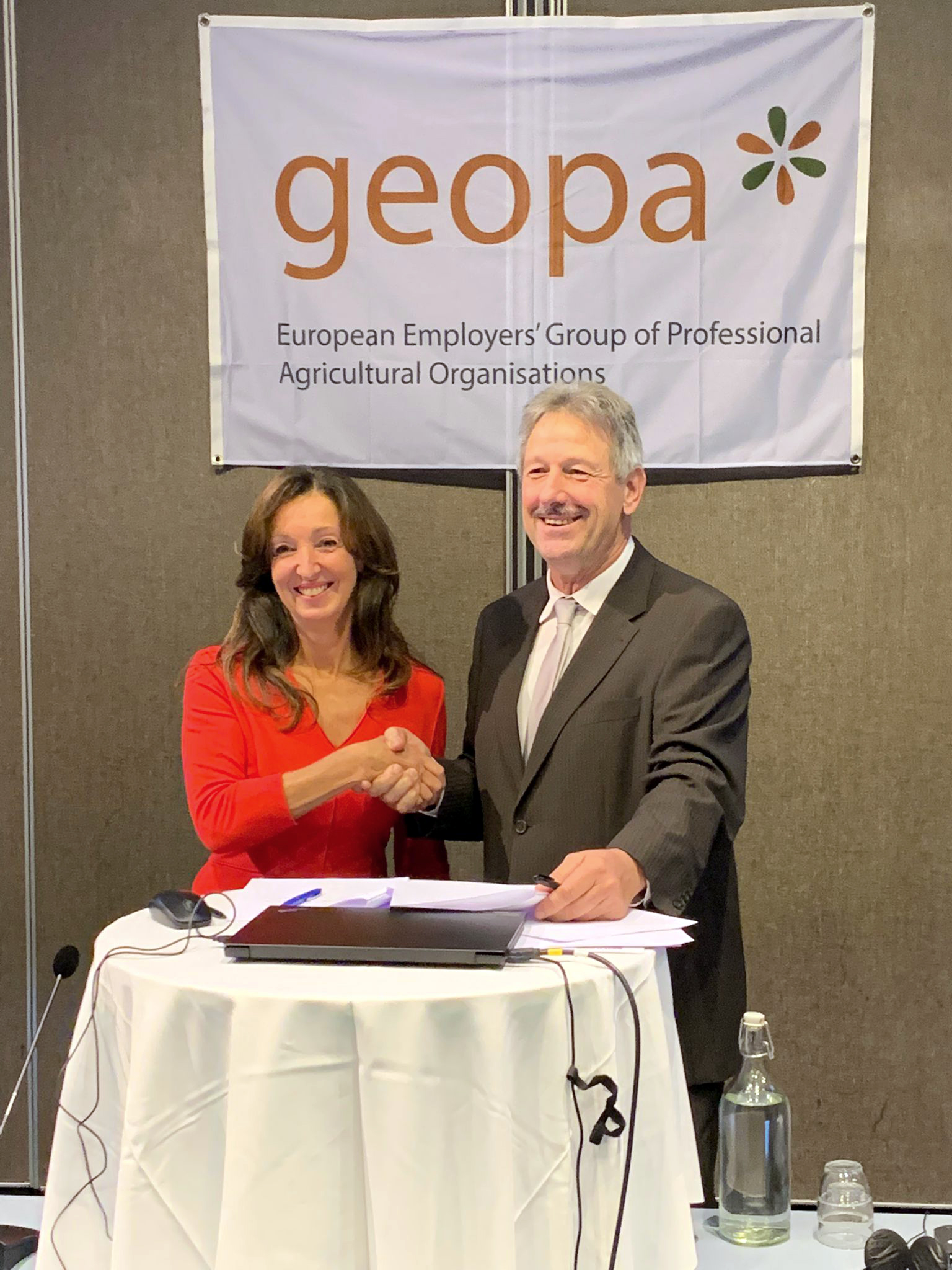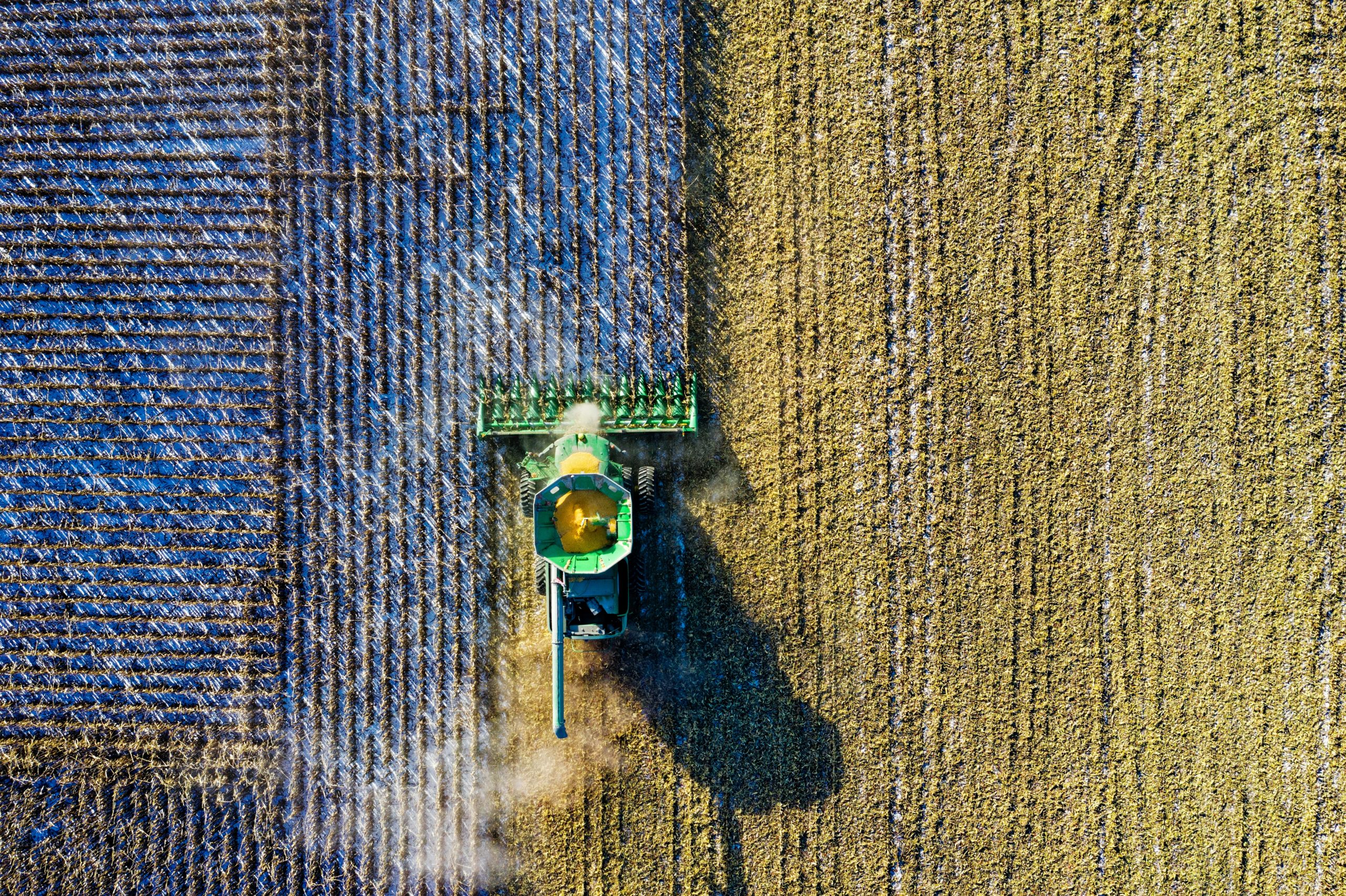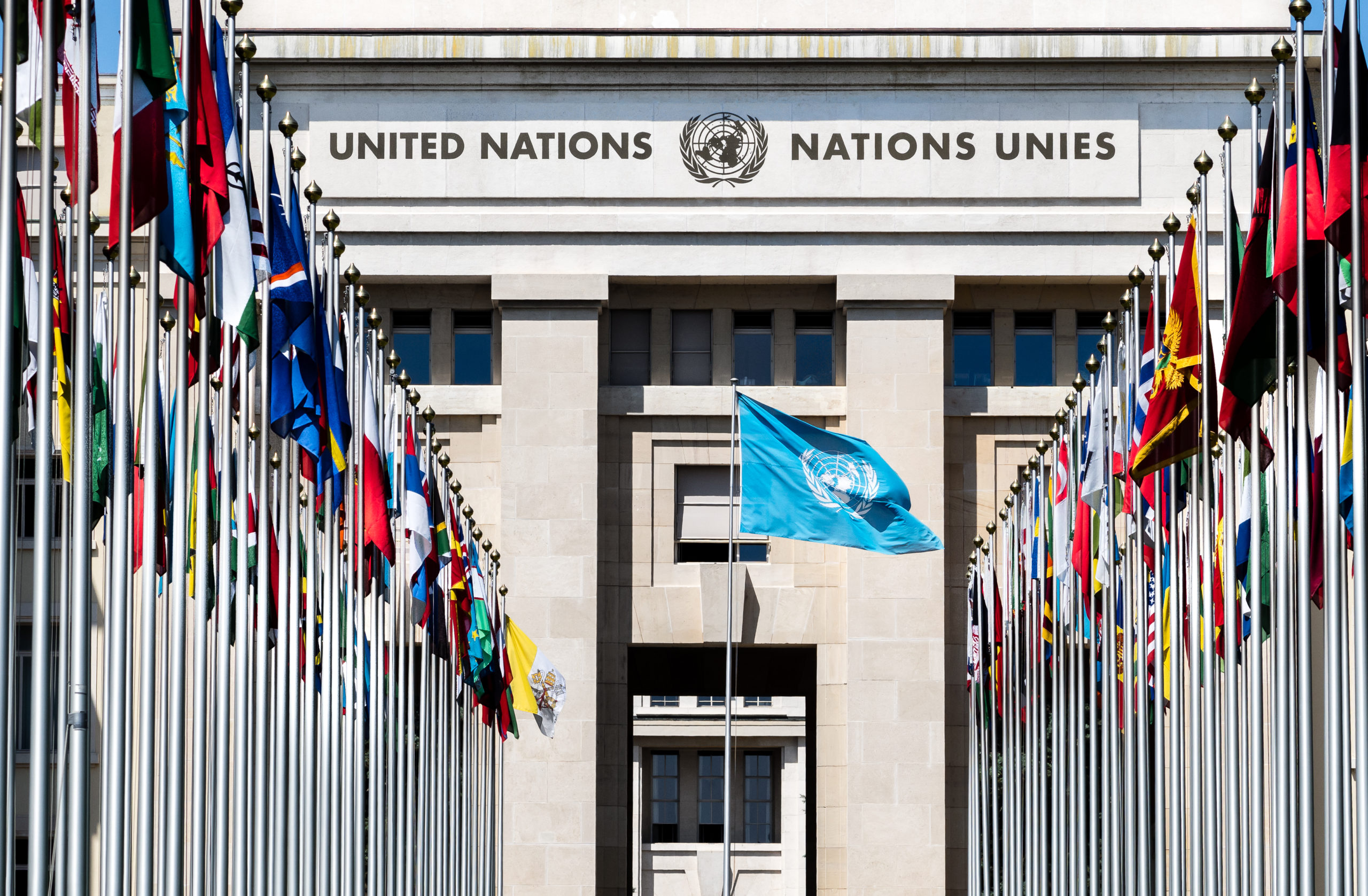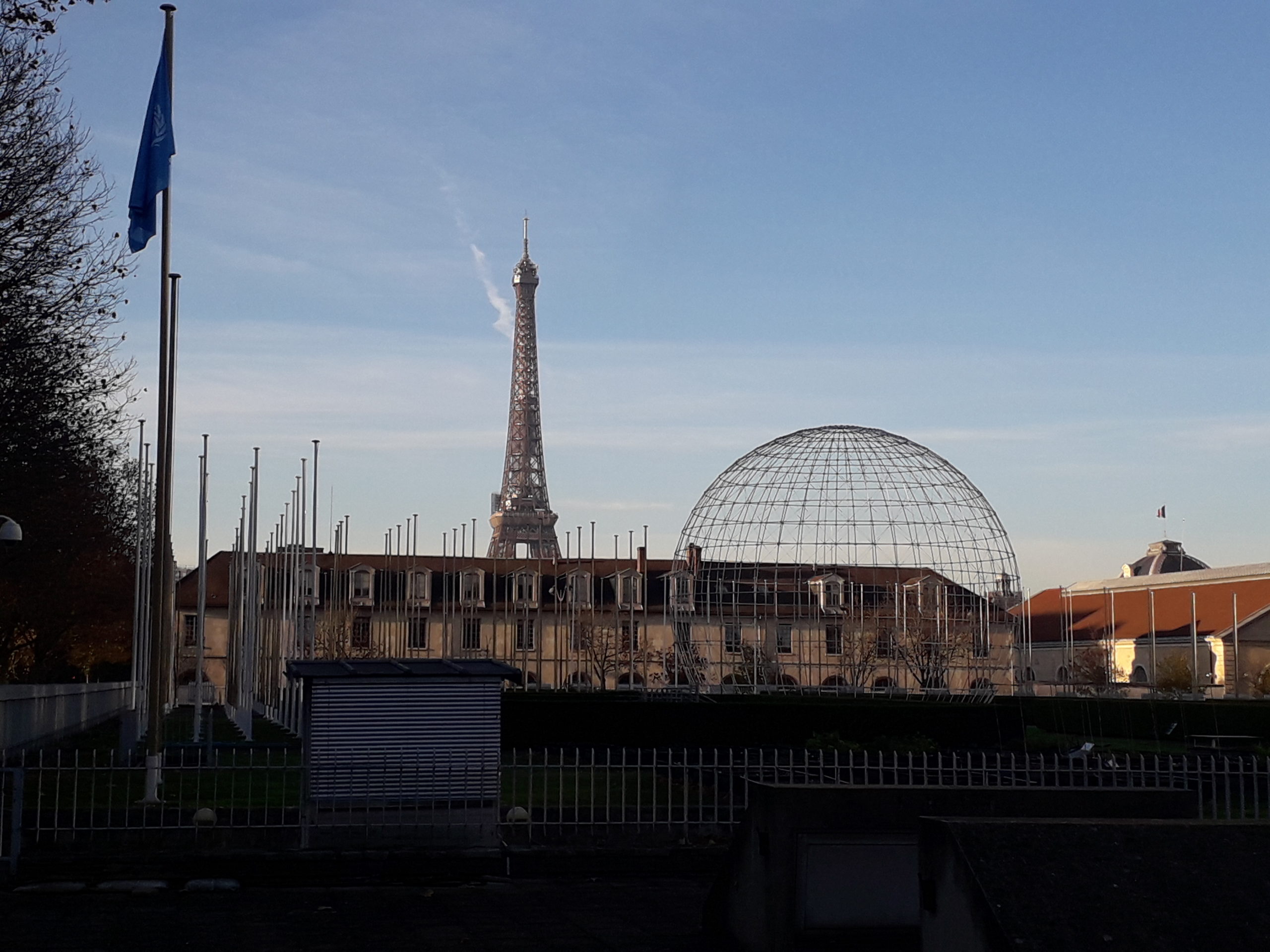2024: Decisive elections for democracy
The year 2024 promises to be a period of electoral density unequalled since universal suffrage was first introduced in 1792 by a pioneering country, France, at a time when only men had the right to vote. On a global scale, this year no fewer than 4.1 billion people – half the world's population – will be voting. There will be an abundance of democratic activity in 68 countries, with a wide range of polls including presidential, legislative, regional and municipal elections. These countries include demographic giants such as the United States, Brazil, Mexico, India, Pakistan, Bangladesh, Indonesia and Russia, which are eight of the ten most populous countries in the world. While some of these countries enjoy a well-established democratic tradition, others are still in the early stages of [lire plus]
